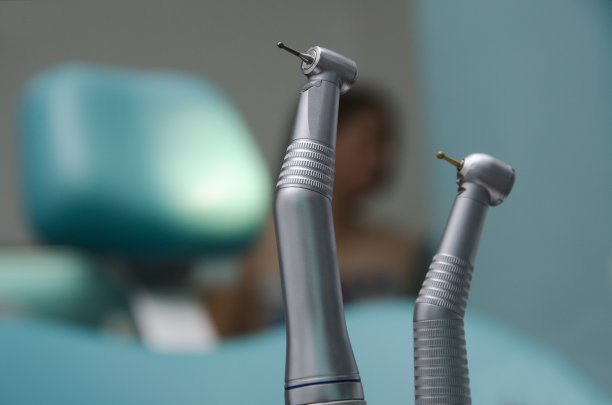Revolutionizing Smiles and Confidence Exploring the Benefits and Advancements of Dental Implants in Modern Dentistry
Summary: Dental implants have revolutionized modern dentistry, offering a host of benefits that enhance both aesthetics and functionality. This article delves into the transformative impact of dental implants on smiles and confidence, highlighting advancements in technology, the advantages of implant procedures, their influence on dental health, and the emotional boost they provide to patients. As we explore these aspects, it becomes clear how vital dental implants have become in restoring not just the physical aspects of a smile but also the confidence that accompanies it.
1. Technological Advancements in Dental Implants

In recent years, technological advancements have significantly improved the design and application of dental implants. Modern implants are made from high-quality materials that enhance durability and biocompatibility. Titanium, commonly used for implants, integrates seamlessly with bone, providing a sturdy foundation for the replacement teeth. These innovations ensure that implants last longer and are less likely to fail.
Moreover, digital imaging techniques, such as 3D scanning, allow for precise planning of implant placement. Dentists can evaluate the bone structure and identify optimal locations for the implants, minimizing surgical complications. This level of precision enhances the safety and effectiveness of the procedure, which was not possible in earlier surgical techniques.
Another notable advancement is in the field of bone grafting. Innovations have led to synthetic bone materials and growth factors that can enhance the patients bone quality effectively. This expansion in options allows more patients to be candidates for implants, even if they initially lacked enough bone density.
2. Benefits of Dental Implants for Oral Health
One of the primary benefits of dental implants is their positive impact on overall oral health. Unlike traditional dentures, which can lead to bone loss due to a lack of stimulation, implants preserve the natural bone structure. The implant acts as a replacement root, stimulating the jawbone and preventing further deterioration over time.
Additionally, dental implants do not compromise the adjacent teeth, unlike traditional bridges, which often require the alteration of neighboring teeth for support. This preservation of natural teeth helps maintain overall dental alignment and function.
Furthermore, implants aid in preserving the facial structure. Tooth loss can lead to sagging facial features, but by restoring missing teeth, implants support the facial architecture, maintaining a youthful appearance. This holistic approach highlights the importance of dental implants not just for aesthetics, but also for long-term oral health.
3. The Psychological Benefits of Implants
The psychological impact of dental implants is profound. Many individuals who suffer from tooth loss experience diminished self-esteem and social anxiety. Dental implants can dramatically transform their self-image, leading to increased confidence. When patients are no longer embarrassed about their smiles, they are more likely to engage in social situations with ease.
Research indicates that individuals with implants feel more secure in their appearance and have a better quality of life than those who use traditional dentures. The ability to eat, speak, and smile freely without worrying about their dental solution provides a significant boost to mental well-being.
Moreover, the restoration of a full smile can influence professional opportunities and personal relationships. Individuals find that with improved confidence, they are more likely to pursue new job opportunities and cultivate relationships, illustrating the broader social ramifications of a confident smile.
4. The Future of Dental Implants
Looking ahead, the future of dental implants appears bright. Ongoing research focuses on enhancing implant materials and techniques, including the development of smart implants that can monitor bone integration and other parameters in real-time. Such innovations could significantly reduce the recovery time and increase long-term success rates.
Additionally, as public awareness of oral health continues to grow, the demand for implants will likely increase. Dentists are also expected to utilize more advanced training and tools to cater to this demand, ensuring that patients receive the best care possible.
Furthermore, the integration of artificial intelligence in dentistry could contribute to better diagnosis and customized treatments, making dental implants even more accessible and efficient for a wider range of individuals.
Summary:
In summary, dental implants have truly revolutionized not only the way we approach restorative dentistry but also how individuals view their smiles and self-worth. The technological advancements, health benefits, psychological boosts, and promising future of dental implants underscore their importance in modern dental practices. With continued innovation and increased accessibility, dental implants will remain a cornerstone of dental health, enhancing the quality of life for countless patients.
This article is compiled by Vickong Dental and the content is for reference only.


